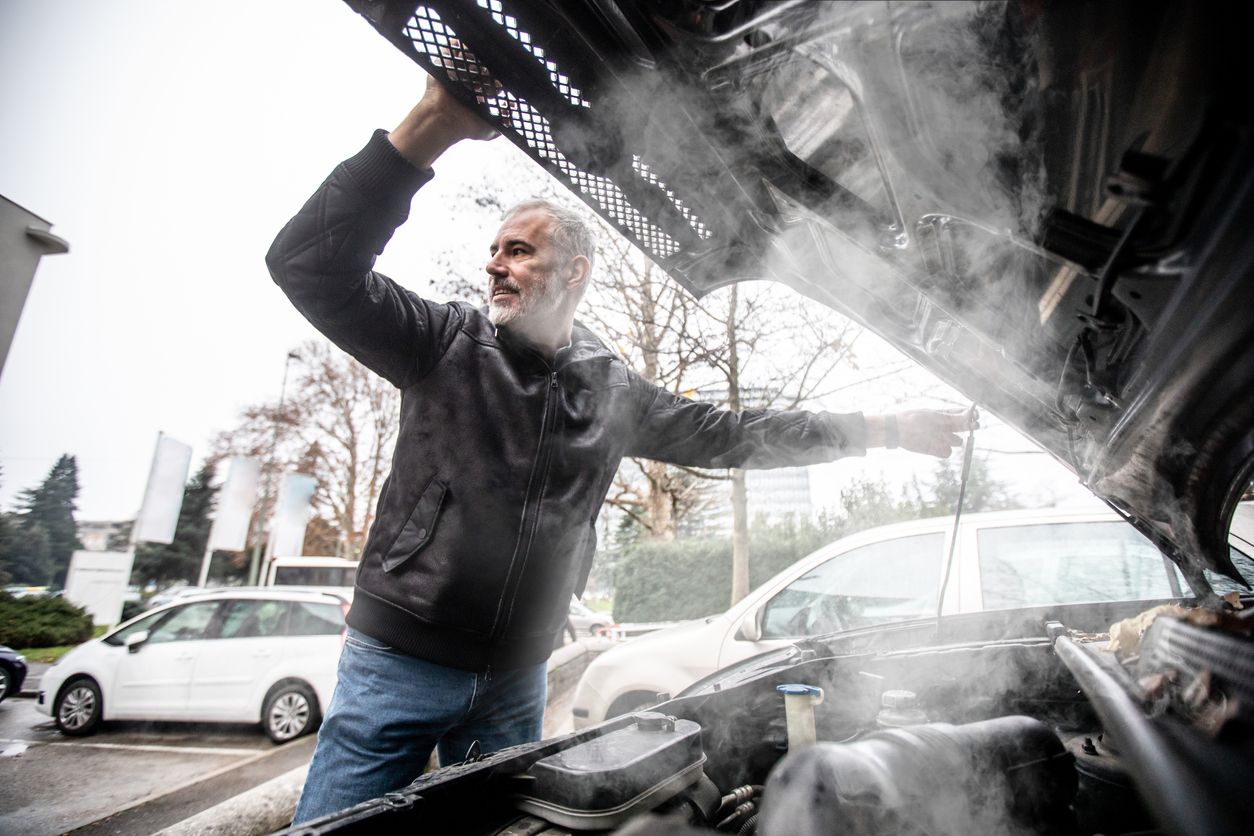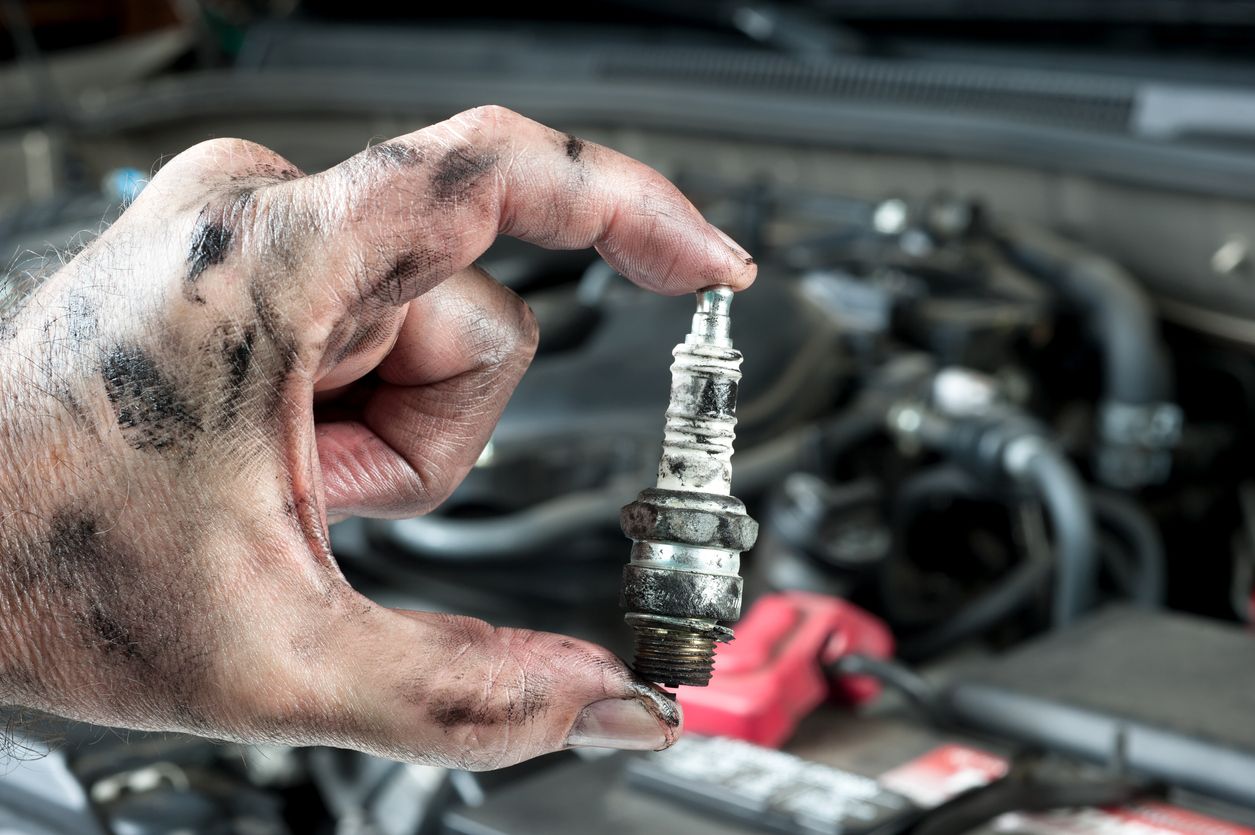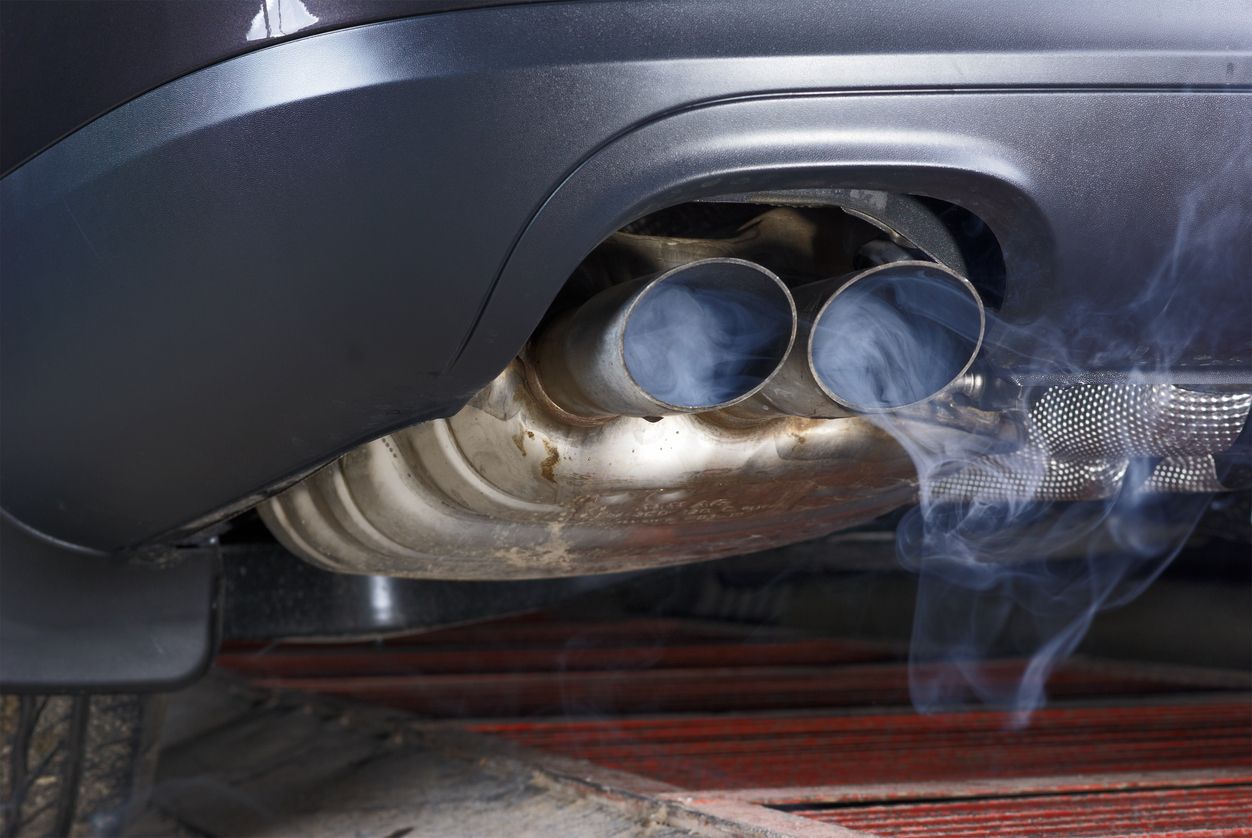You’re probably already aware of winter car issues like dead batteries, low tire pressure, and frozen windshield wipers, but can a car overheat in winter?
It may seem counterintuitive for a car to overheat when it’s cold outside, but it’s a very real possibility if your vehicle’s cooling system isn’t in tip-top shape. Learn why cars overheat in winter, what you can do to prevent it from happening, and what to do if it does.
What Causes Cars to Overheat in Winter?
While colder weather might keep your vehicle's cabin feeling cool, it generally doesn’t affect your engine’s temperature. Even in the winter, you still need your cooling system to be working well if you want to keep your engine in good condition. When part of the cooling system goes down, it can lead to overheating and engine damage.
Here are some of the most common reasons for cars overheating in the winter.
Not Enough Coolant
Your engine relies on coolant to stay cool, and driving with low coolant can wreak havoc on your vehicle. No matter the season or temperature outside, you need to make sure your vehicle has enough coolant, or you risk your engine overheating. Signs you’re low on coolant may include a sweet-smelling burning odor, a rising temperature gauge, and issues with the heating or A/C.
If you’re experiencing low coolant levels, you might be able to just top off the reservoir. However, you should double-check that you don’t have a coolant leak. Keep an eye out for greasy yellow, pink, blue, orange, or green puddles under the front of your vehicle.
Faulty Thermostat
If your car is overheating in cold weather, the thermostat could be to blame. The thermostat regulates the flow of coolant between the radiator and engine, which means it’s responsible for ensuring the engine stays at an optimal minimum operating temperature. When the thermostat sticks closed, coolant might not be able to flow out of the engine and cool down in the radiator, leading to potential overheating.
Issues with the Radiator
The radiator plays a huge role in keeping your engine cool, and it can be the cause of your car overheating. Common cooling system problems include coolant leaks, rusting, weak or damaged radiator hoses, and faulty water pumps. Following the fall season, you might also wind up with a buildup of leaves, dust, and debris around the radiator. This can clog radiator vents and mess with the airflow needed to keep your engine cool.
If you think you might have a problem with your radiator, stop by your local Firestone Complete Auto Care for a cooling system inspection.
How to Prevent Your Car from Overheating in Winter
One of the best ways to help prevent your car from overheating in winter is by staying on top of vehicle inspections and manufacturer-suggested maintenance schedules. Have your vehicle’s cooling system regularly checked for leaks, coolant condition, and other issues. When your cooling system stays in good shape, your engine is less likely to overheat.
What to Do if Your Car Overheats
There are a few things you should (and shouldn’t) do if your car overheats in winter. If your heater isn’t already on, turn it on to pull heat away from the engine and into the cabin. You shouldn’t drive with an overheating engine, so you want to find a safe place to pull over and turn off the engine. Call a tow truck or give your engine at least 15 minutes to cool down before driving to the nearest repair shop.
You might be tempted to open the hood to inspect your engine or to cool it down faster, but this puts you at risk of burns. Instead, wait patiently for the temperature gauge to go down before considering popping the hood.
Turn to Firestone Complete Auto Care for Help
Despite the colder temperatures, engine overheating can occur just as often in winter as in warmer months. Firestone Complete Auto Care can help you prevent a car breakdown with our cooling system inspection. Visit your nearest location for a check-up and leave with a little more peace of mind on the road.



